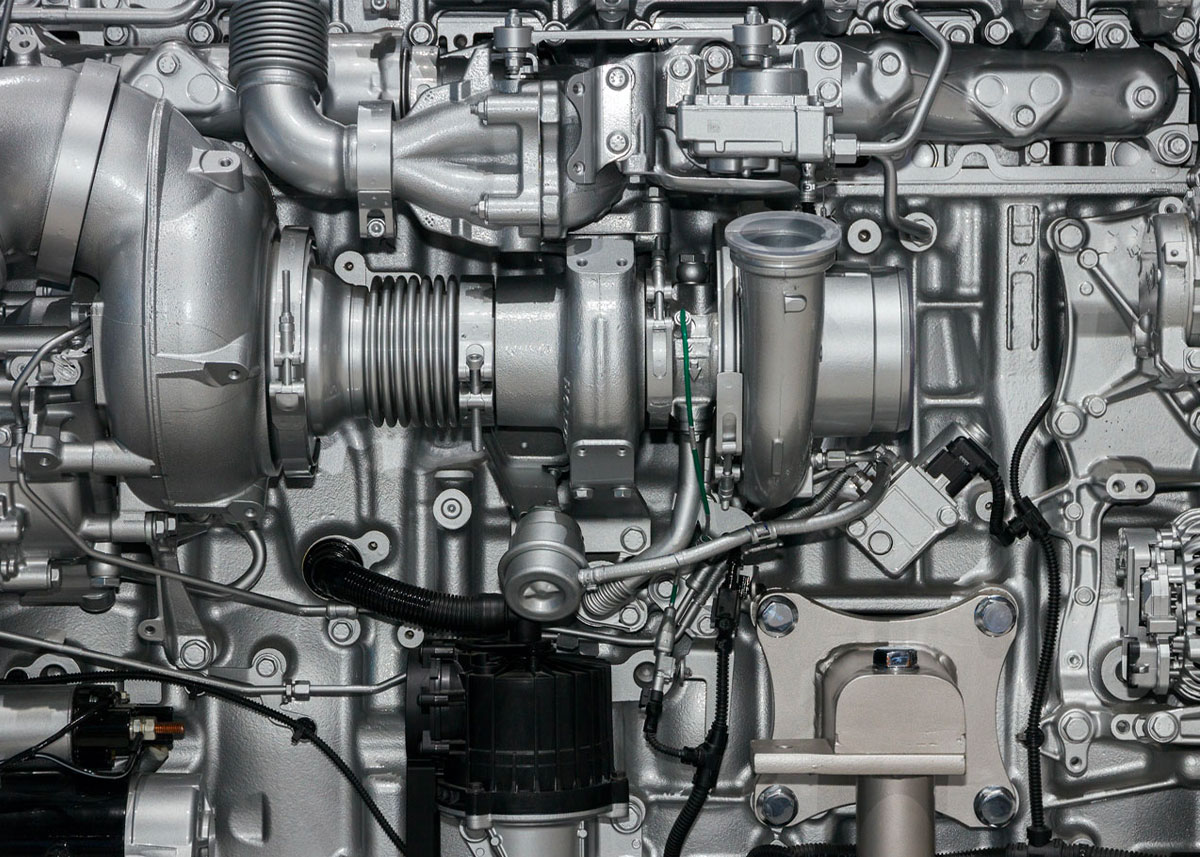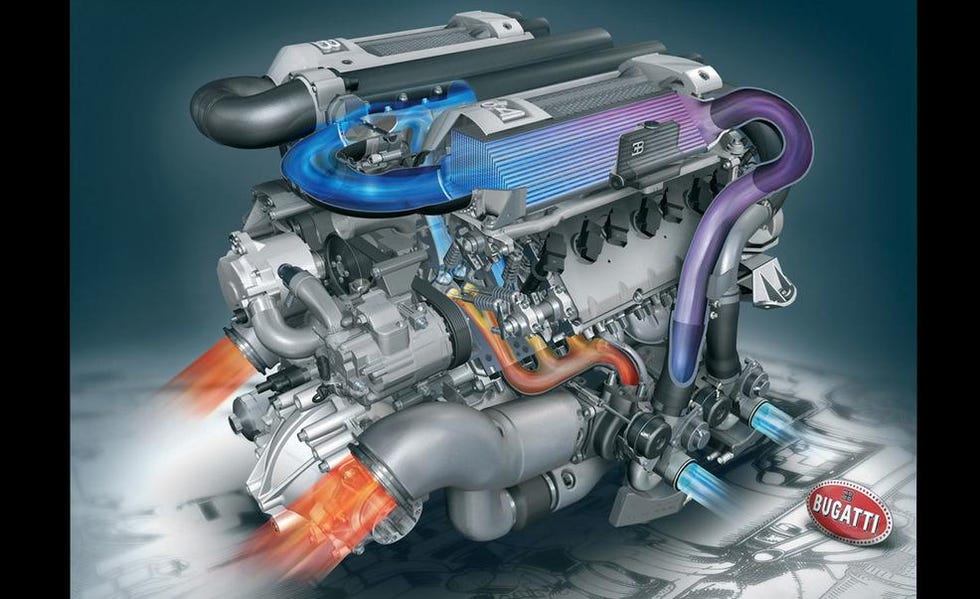Check Out a Large Range of Engines for Every Vehicle and Function
The automobile landscape is significantly complicated, with a varied selection of engine types developed to meet details efficiency and efficiency requirements throughout numerous lorry classifications. From the high-performance engines that power cars to the fuel-efficient choices customized for daily travelling, the choices are large and differed. Additionally, durable engines offer the requirements of job cars, while environmentally friendly options are acquiring grip in the search of sustainable transportation. Understanding these differences is critical for making notified decisions, specifically as emerging innovations continue to form the future of automobile design. What effects might these developments hold for makers and consumers alike?
Kinds of Automotive Engines
Automotive engines can be categorized into several distinct types, each designed to meet particular performance and efficiency requirements. The most common groups consist of inner burning engines, electrical engines, and hybrid systems.

Electric engines, on the other hand, run on electrical power stored in batteries, giving instantaneous torque and no emissions. These engines are coming to be significantly prominent due to innovations in battery innovation and the expanding emphasis on sustainability.
Crossbreed systems integrate both inner combustion and electric engines, making it possible for lorries to enhance fuel effectiveness and decrease exhausts by flawlessly changing between source of power. Each engine type provides its drawbacks and benefits, affecting elements such as automobile design, meant usage, and market need. Comprehending these distinctions is essential for suppliers and consumers alike when selecting the suitable engine for their specific needs.
Efficiency Engines for Sports Cars
Efficiency engines for sporting activities autos are particularly engineered to provide enhanced power, dexterity, and rate, setting them apart from common auto engines. These engines often utilize innovative technologies such as turbocharging, supercharging, and variable shutoff timing to maximize effectiveness and responsiveness.
Normally, performance engines are developed with greater compression proportions, which enable higher energy extraction from fuel. This results in impressive horsepower and torque figures, enabling quick velocity and greater leading speeds. The light-weight products utilized in these engines, such as aluminum and carbon fiber, add to minimized general vehicle weight, boosting handling and maneuverability.
Engine setups like V6, V8, and even hybrid systems prevail in performance cars, each offering distinct advantages in terms of power delivery and driving characteristics. The tuning of these engines is additionally vital; lots of suppliers optimize the engine monitoring systems to provide an exhilarating driving experience, typically including sport modes that readjust throttle action and equipment shifts.
Effective Engines for Daily Commuters
In the world of day-to-day commuting, reliable engines play an important duty in enhancing gas economic climate and minimizing discharges while providing trusted performance. As metropolitan populaces grow and environmental problems intensify, the demand for vehicles geared up with efficient powertrains has risen.
Modern engines developed for day-to-day travelers typically include innovations such as turbocharging, straight fuel shot, and hybrid systems. Turbocharging enhances engine effectiveness forcibly even more air right into the burning chamber, permitting smaller, lighter engines that do not compromise power result. Direct fuel shot improves gas atomization, bring about far better combustion and raised efficiency.
Hybrid engines, combining interior burning with electrical power, more boost fuel economic situation, specifically in stop-and-go website traffic, where typical engines can deal with ineffectiveness. Electric motors assist throughout acceleration and can run individually at reduced rates, reducing overall gas usage.
Additionally, advancements in engine monitoring systems and light-weight materials contribute significantly to reliable engine layout. By concentrating on performance, sturdiness, and environmental sustainability, manufacturers remain to supply engines that not only meet the needs of day-to-day commuting but likewise align with worldwide efforts to minimize carbon footprints.
Heavy-Duty Engines for Work Vehicles
Sturdy engines for work cars are consistently crafted to deliver phenomenal look these up torque and integrity under demanding problems. These engines are created to do in settings where standard engines might fail, such as building and construction sites, logging procedures, and agricultural setups. The primary emphasis of heavy-duty engines is their capability to generate high degrees of power while maintaining longevity over extended periods of procedure.
Generally, sturdy engines utilize sophisticated materials and robust building and construction techniques to withstand the rigors of hefty work. Features such as enhanced cyndrical tube blocks, enhanced cooling systems, and progressed gas injection modern technologies contribute to their effectiveness. These engines commonly operate at reduced RPMs, which helps to enhance gas effectiveness while providing the required power for lugging and hauling.
Along with mechanical toughness, sturdy engines are frequently outfitted with sophisticated electronic control units (ECUs) that manage performance, emissions, and diagnostics. This integration enables far better surveillance and upkeep, ensuring that work automobiles continue to be functional and effective.
Ultimately, sturdy engines are an important element in the performance of numerous markets, offering the needed power and integrity to tackle the hardest of jobs.
Eco-Friendly Engine Options
The growing focus on sustainability has resulted in the development of environmentally friendly engine options that prioritize reduced exhausts and boosted gas performance. These engines are made to lessen the environmental effect of automobiles while still delivering the performance and dependability anticipated by consumers.
Amongst the most significant environmentally friendly options are electrical and hybrid engines. Crossbreed engines combine typical interior combustion engines with electric propulsion, enabling decreased gas intake and reduced greenhouse gas emissions. Electric engines, on the various other hand, run totally on battery power, producing absolutely no tailpipe emissions and contributing to cleaner air top quality.
One more encouraging advancement is the improvement of biofuel engines, which make use of renewable energies, such as plant products, to power lorries (Engines For Africa). By using biofuels, these engines can reduce reliance on nonrenewable fuel sources and reduced total carbon impacts

As the automobile industry evolves, environmentally friendly engine alternatives will certainly play a critical duty in driving the shift in the direction of even more sustainable transportation remedies.
Verdict
The automobile industry supplies a diverse array of engines created to satisfy various lorry requirements and purposes. From high-performance engines that boost cars capacities to reliable versions focusing on fuel this post economic situation for weblink day-to-day commuters, each kind serves a specific function. Sturdy engines accommodate robust work cars, while environmentally friendly alternatives, such as electric and biofuel engines, advertise lasting transportation. This comprehensive variety ensures that all driving requirements are dealt with, adding to innovations in auto innovation and environmental stewardship.
